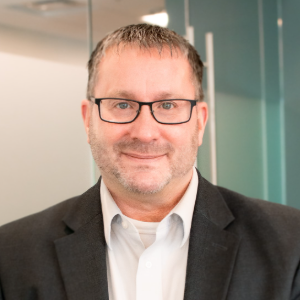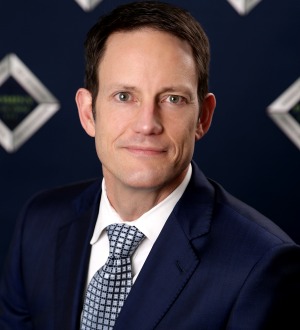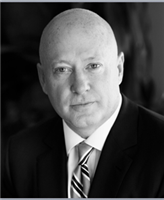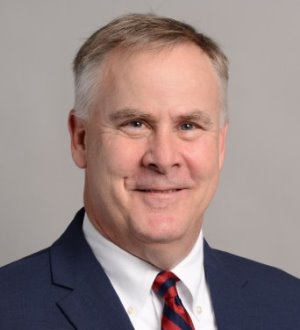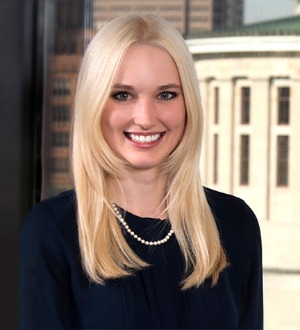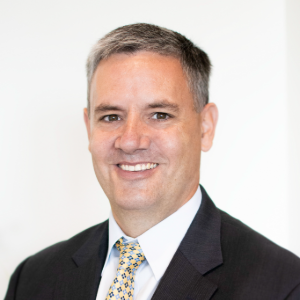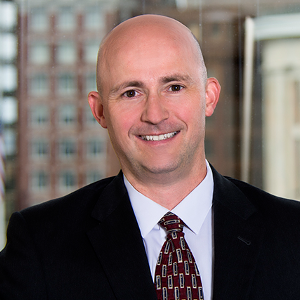For 14 years, Hall, Lamb, Hall & Leto, P.A. managing partner Andrew C. Hall has been the lead counsel in a litigation against the Republic of Sudan regarding the 2000 bombing of the USS Cole by Sudanese al-Qaeda suicide bombers. That tragedy took place in Yemen and claimed the lives of 17 American sailors and injured 39 more. But when the United States Supreme Court announced in September 2018 that it would hear the case in the fall, a sense of hope began radiating through Hall’s Miami office.
“Justice may finally be served,” Hall said in October. Armed with an interpretation of the Treaty of Vienna that is supported and mirrored by the Supreme Court of the United Kingdom, a critical point for the plaintiffs, Hall said he felt “as confident as someone could reasonably be” that his firm would achieve justice in the U.S. Supreme Court for the victims and their families.
“These brave patriots are the ultimate public servants―they dedicate themselves to our protection and are paid marginal amounts of money to do it,” Hall said. “I stay focused by thinking about them and their families and try to help provide some closure and the chance to rebuild their lives.”
Recognized as one of the leading terrorist litigators in the country, Hall has been fighting tyrants and aggressors his entire life.
The story of Hall and his family’s history and survival is the stuff of miracles. He was born in Poland in 1944, against the backdrop of the Warsaw Uprising during World War II. Under extremely precarious conditions Hall was delivered weighing less than two pounds. He suffered several physical challenges, including bouts of pneumonia that easily could have killed him as an infant. A blood transfusion from his mother enabled him to fight off the illness and grow. His family survived the war, but continued to find themselves displaced, separated, and jailed until finally being reunited and immigrating to the United States, where they eventually settled in South Florida.
“My personal background has led me to become a Don Quixote-like fighter, in the sense that I want to get the right thing done, no matter the odds,” Hall said. “I entered this area of practice when no one else was in it and stayed with it because I felt there should be a route for victims of terrorism to be compensated through the judicial system. You could say that fighting is literally in my blood.”
He gained notoriety in the early 1970s for defending John D. Ehrlichman, a former aide to President Richard Nixon, during the Watergate and “White House Plumber” trials. That was his first exposure to high-stakes litigation, which led to his founding Hall, Lamb, Hall & Leto in 1975 and his eventual work representing victims of terrorism.
Hall has secured more than $80 million in actual recovery for American terrorism victims over the last 23 years, including payment in full of $20 million for a case involving Iraq, and a payment of $13 million for a case involving Libya. He has collected $12 million so far from the $2.8-billion judgment against the Cuban government after having successfully advocated on behalf of a Cuban exile.
Hall was also one of the first lawyers in the country to secure compensation for his client through a Terrorism Risk Insurance Act (TRIA) claim. Passed into law in 2002, TRIA is a temporary federal program that provides a transparent system of compensation for certain insured losses resulting from a certified act of terrorism. Hall was one of the vocal advocates in Washington, D.C. as the legislation was originally drafted, and with TRIA set to expire in December 2020, he plans to revisit Capitol Hill to meet with members of Congress as the deadline nears.
“We’ll probably bring in a whole team of other lawyers in this field, because we’re not alone and we need to combine our resources,” he says. “It’s a serious issue and will remain one until state-sponsored terrorism ceases to exist.”

